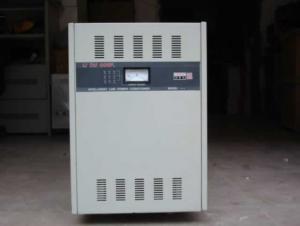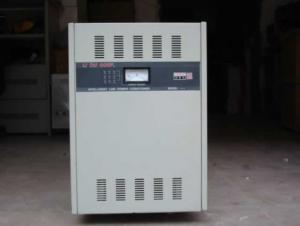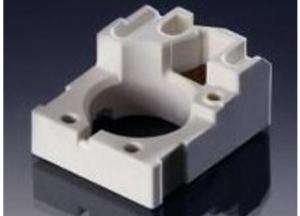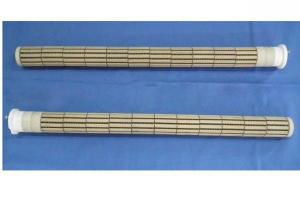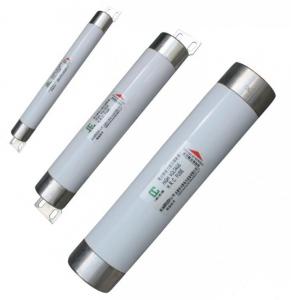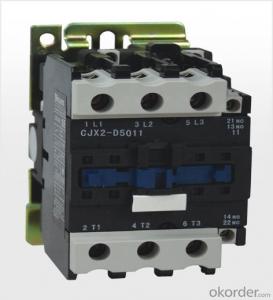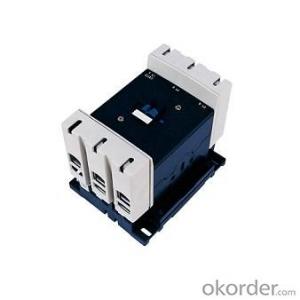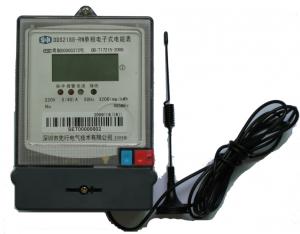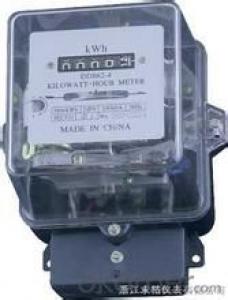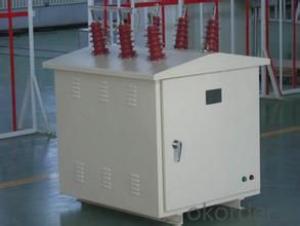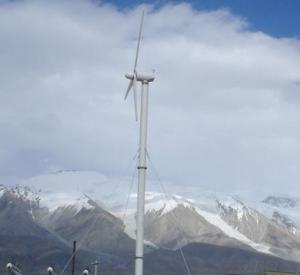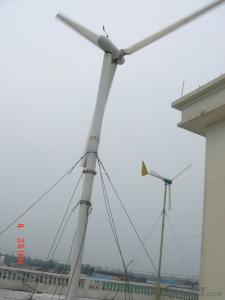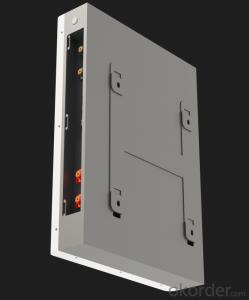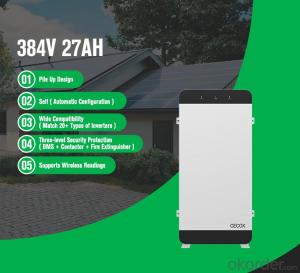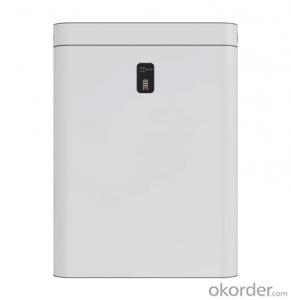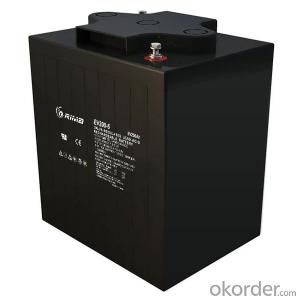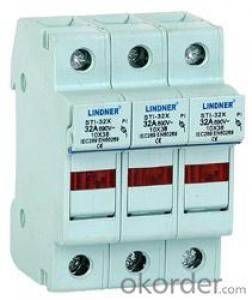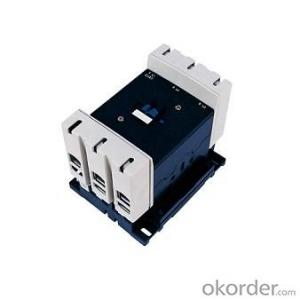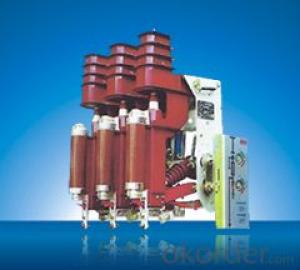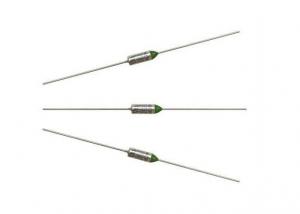JJW Series Precision Purified AC Voltage Stabilizer
- Loading Port:
- China Main Port
- Payment Terms:
- TT or LC
- Min Order Qty:
- -
- Supply Capability:
- -
OKorder Service Pledge
OKorder Financial Service
You Might Also Like
1. Product Description:
Adopted advanced sine energy distributing technology, thee main circuit is constructed by paralleling the sine energy distributor and the high power filter. When the output voltage Uo is changed because of the undulation of the supply voltage or the load, it control the SCR elements angle through sampling circuit, comparer and trigger unit to change the current which lead to the variety of the compensating voltage ΔU and the phase, and reach to the target of stable output voltage.
2. Product Characteristic:
It has excellent regulation and anti-interference function with digital display; the regulation accuracy reaches to ±1% and the response time<0.1s, it can restrain the peak interference of electric network effectively, efficiency of this machine>90%.
These equipments and facilities that has higher requirement for the electricity quality as computer、precision instrument、copier、inspection device、communication broadcasting device、auto control system and so on.
3.Specification:
a. Wide regulation range: single-phase185V~255V、three-phase320V~440V;
b. High regulation accuracy: <±1%;
c. Strong anti-interference ability: can restrain various noises and peak voltage in the electric network;
d. Short response time: <0.1s;
e. High efficiency: >90%;
4. Reference Picture:
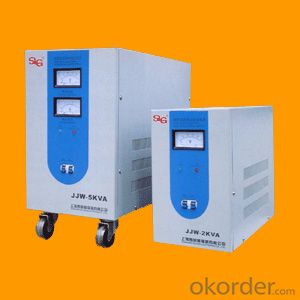
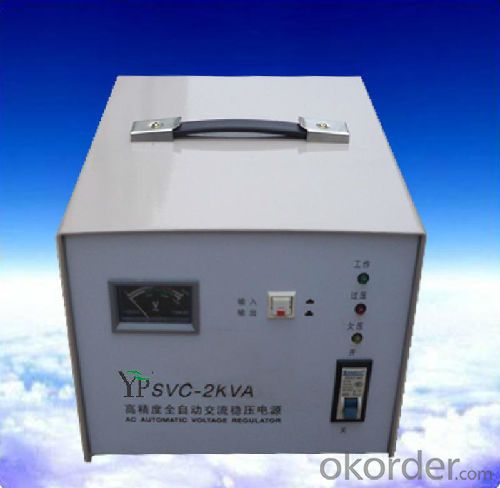
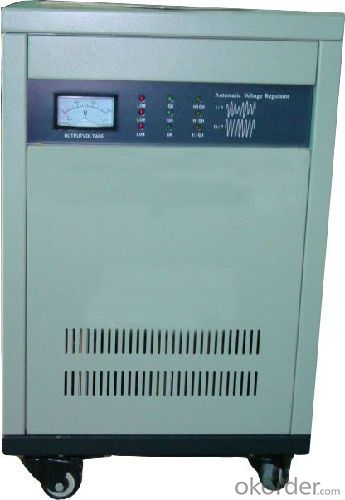
- Q:I have a 2000 Ranger I turned it off and it would not start again I have power to head and dome lights, replaced the 50 blade fuse position number 5 in the power management box and it worked for 1 to 2 sec then burnt out again. is it the starter relay, the ignition switch, the starter or something else. anyone have this problem? how did you fix it? any help would be greatly appreciated
- a three or a 5 amp fuse would be positive, as long as your heater works once you slot the plug there is not any would desire to purchase a clean one. If the heater is going defective it particularly is going to easily blow the fuse, yet there is not any reason it is going to.
- Q:I am looking to short out a resistor - any way I can actually short one out so that it is faulty of its own. Also, any ideas if i can blow one so it is open or is the fact it ends up being shorted or open a random thing that when it is bad it just so happens to be one or the other, not that certain conditions produce one and other conditions produce the other.Any insight into this is very helpfull. Oh, I know about use the jumper wire to reproduce a shorted component I was hoping to actually use a damaged component and I do not have one right now. Thank You Kindly One and All(this is not a school related lesson, I am trying to teach myself at home - I'm an adult learner).
- there are many kinds of resistors. fixed carbon resistors have a wattage rating. if you exceed the wattage (may be dangerous) the resistor will heat up excessively and burn. it stops burning when it is physically broken and cannot continue to conduct electricity (or blows the fuse). this then creates an open circuit. open circuits are commonly misnamed short circuits. a short circuit happens when the electricity in a circuit takes a shorter (or different) path than the circuit was designed. this may burn out a circuit component, then you will have an open circuit. does this make sense?
- Q:I have a 30amp fuse that operates my door locks and power seats. I carry around a box of them because sometimes the fuse will last a couple of weeks, or days or hours. Any ideas of an easy fix?
- is there a penny in your cigarette lighter that is known to blow fuses, also just take out the cig lighter and see how long it lasts then.
- Q:I want to put in a 60 amp fusethe wiring is only running a short distance. I know that I need to use #6 gauge wiring between the fuse and the electrical componentdo I need to use #6 gauge for the supply side too??
- You should never up size your wire downstream of where your main panel is, which is what I am guessing that you want do. Let's say you are trying to feed a piece of equipment that requires 60A protection but you plan on feeding it with an existing, smaller wire that is not rated for that amount of current (say a #8 or #10 gauge wire) then you are asking for trouble in the long run. Having too much current running in that existing wire will eventually cause heating problems on that wire. This WILL eventually break down the existing insulation on the wire and cause a fire. Also, if the existing wire is fed from a circuit breaker or fuse that is rated less than 60A (for example a 30A breaker) then you will always trip the circuit at the panel if your new piece of equipment draws above 30A which makes your 60A fuse useless and superfluous. Please be safeuse #6 on both sides of your fuse and make sure that your circuit breaker or fuse at the panel from where you are getting your juice is also rated for 60A or above. Hope this helps!
- Q:I unplugged the clutch on the compressor itself and it doesnt do it. Do I need a new compressor?
- Possibly. okorder
- Q:1. What are the most common electronic components I would need to understand to be able to develop circuits and invent innovative electronic products? I know theres a resistor, capacitor, transformer etc.2. What are the functions of each one of them?
- Go to Radio Shcak and buy one of the simple electronics project kits. You'll learn all you need to get started.
- Q:If I were to connect an appliance to something other than an electrical wall outlet for power and that device produced more volts / watts than what my appliance needs to work, would it mess it upand if so how to I control this?
- if V I R, you are effectively increasing V while keeping R constant; so I through the device must increase. Power dissipated by the device I^2 R : so by doubling the applied voltage, you'd quadruple the power dissipated by the device. If you're lucky and the components can handle the additional heat dissipation requirement, then nothing will happen except the device will become quite hot to the touch. If the components can't handle the additional heat being generated, the device will burn out. If you're lucky, there is a single fuse or component that will burn out and break the circult; stopping the flow of current. If you're not lucky, then the device could continue to heat up and eventually catch fire. you need to buy/acquire/build a voltage converter/power supply -- something that will take the input voltage and current and output the voltage'/current required by the device. Running 12V electronics from a car lighter socket, you encounter this all the time. The DC adapter basically takes the raw 12.6V and ensures that the voltage/current specification required by the device are met.
- Q:I have a 240 watt car amp and every time i put my ground wire in the fuse blows and the only other thing i have hooked up is my power no speakers or remote just the ground and power can someone please help me?
- I think because your ground wire is cross, get a cheap meter and check the ground wire is right, when you buy it they will tell you how to check, and its easy
- Q:I have a 1987 ninja 750. i bought it and it turned on with an old battery but needed to be jumped to start. i bought a new battery . a duralast the one you add the acid in and charge. but now it wont turn on. a battery before that i added a new battery but i mixed up the terminals (pos on neg and neg on pos) did that mess up the electrical stuff or fuses or am i doing something wrong. hope to hear some help.
- If you connected a battery backwards, you hopefully just blew some fuses. Check them all. Note that there may be a main fusible link somewhere apart from the actual fuse block. If the fuses are all good, you've blown some major electrical component(s). Time to either start troubleshooting, or haul it to a shop.
- Q:i have checked the fuses. they are good. can i just replace the bulbs or does the whole component need to be replaced?
- you don,t have to replace the whole lens, just the bulbs.
1. Manufacturer Overview |
|
|---|---|
| Location | |
| Year Established | |
| Annual Output Value | |
| Main Markets | |
| Company Certifications | |
2. Manufacturer Certificates |
|
|---|---|
| a) Certification Name | |
| Range | |
| Reference | |
| Validity Period | |
3. Manufacturer Capability |
|
|---|---|
| a)Trade Capacity | |
| Nearest Port | |
| Export Percentage | |
| No.of Employees in Trade Department | |
| Language Spoken: | |
| b)Factory Information | |
| Factory Size: | |
| No. of Production Lines | |
| Contract Manufacturing | |
| Product Price Range | |
Send your message to us
JJW Series Precision Purified AC Voltage Stabilizer
- Loading Port:
- China Main Port
- Payment Terms:
- TT or LC
- Min Order Qty:
- -
- Supply Capability:
- -
OKorder Service Pledge
OKorder Financial Service
Similar products
New products
Hot products
Related keywords
